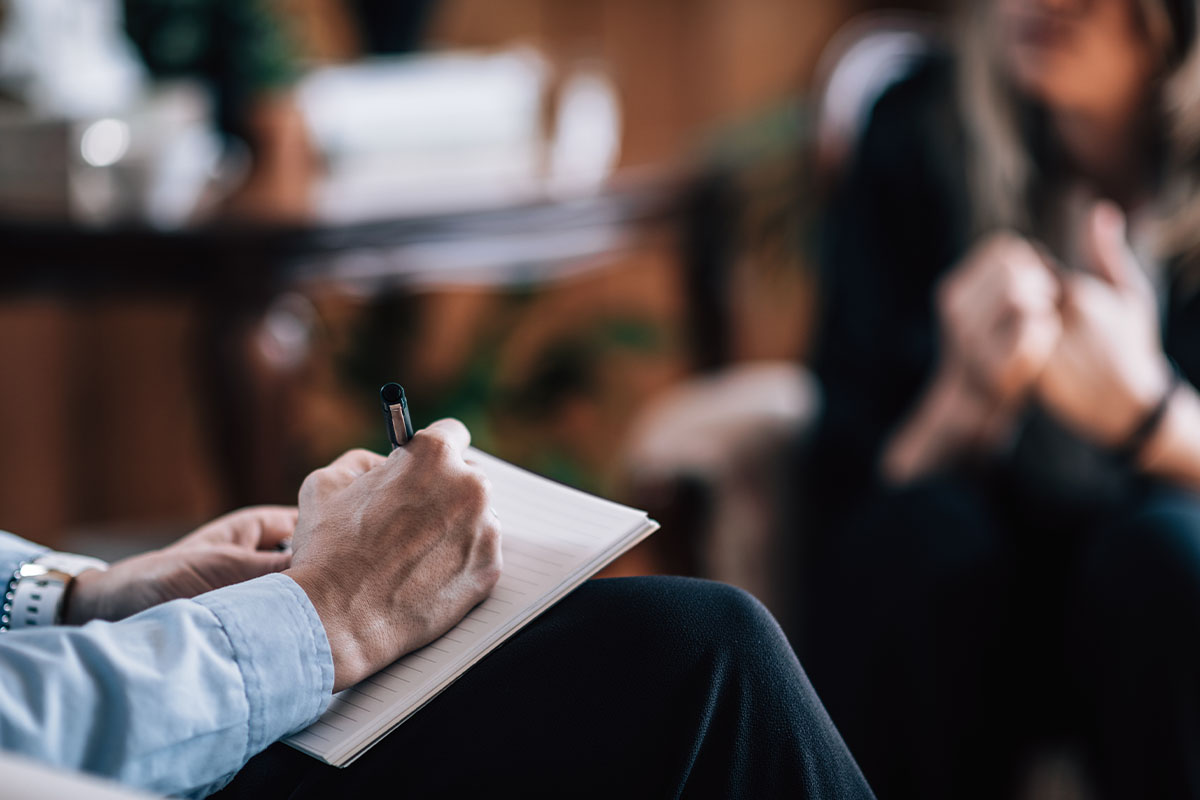Anxiety disorders are prevalent in society today. The foremost anxiety disorder is called generalized anxiety disorder (GAD). This condition is marked by a pervasive sense of worry and anxiety that is typically disconnected from someone’s actual circumstances or environment. Nonetheless, the disorder’s symptoms can be intensified by a person’s surroundings or what happens to them. Phobias and panic disorder are two other types of anxiety disorders.
High-quality treatment options for anxiety are also standard and widely available today. Call 833.551.2304 to learn more about anxiety treatment options available at Gulf Breeze Recovery.
What Are the Most Common Anxiety Disorders?
Before exploring the best treatments for anxiety, it’s worth understanding the common anxiety disorders people may struggle with these days. Anxiety disorders are a class of mental health disorders marked by persistent, uncontrollable anxiety. Anxiety disorders have symptoms much worse than the level of anxiety that people experience from everyday life or somewhat stressful situations. A few things that exemplify when someone has an anxiety disorder include the following:
- An inability to control emotional responses to anxiety-inducing situations
- Anxiety that interferes with normal functioning
- Emotional overreactions to environmental stressors or triggers
GAD, phobias, and panic disorder are the three major anxiety disorders. While not exclusively classified as anxiety disorders, post-traumatic stress disorder and obsessive-compulsive disorder are similar to the three major anxiety disorders.
GAD is the foremost among these disorders. It often produces physical symptoms like restlessness, sleep issues, and difficulty concentrating on top of the mental distress it produces. Panic disorders are marked by the prevalence of sudden, uncontrollable panic attacks. These attacks produce more severe anxiety symptoms than what people struggling with GAD tend to experience. Lastly, phobias are when someone has a specific fear of a situation or object. Things like heights, public speaking, and certain animals are all potential phobias. To be considered an anxiety disorder, the phobia must interfere with everyday life or be something a person is forced to encounter regularly.
What Is the Best Treatment for Anxiety?
Severe anxiety is best treated with a psychologist’s help or a similar mental health professional’s support. The two best treatments for anxiety are medications and psychotherapy. Many people experience compounded benefits by taking advantage of both options simultaneously. Answer the question, “What is the best treatment for anxiety?” by exploring the best options in detail below.
Psychotherapy
Therapy is one of the best forms of treatment for addressing an anxiety disorder. The exact type of therapy may vary depending on a person’s needs.
However, cognitive-behavioral therapy (CBT) is one of the best therapeutic interventions for an anxiety disorder. It is often a short-term treatment that focuses on changing the patterns of thinking and behaving that influence someone’s disorder. Another reason CBT is an attractive option for treating anxiety is that it prioritizes action and skill development. Undergoing a round of cognitive-behavioral therapy equips people to navigate their fears and worries better, manage symptoms, and deal with common triggers.
Medications
Medications are the other most common treatment for anxiety. Some antidepressant medications are proven to work well in treating anxiety.
One specific anti-anxiety medication that is commonly prescribed is called buspirone. One other category of medication that is sometimes used to treat anxiety is benzodiazepines. Also called benzos for short, benzodiazepines are not meant for long-term treatment. They can be addictive and habit-forming. However, they can play a role in relieving severe anxiety for a short period to create a more productive opening to other forms of treatment.
Get Anxiety Under Control at Gulf Breeze Recovery
Gulf Breeze Recovery has years of experience treating anxiety and other mental health ailments. Reach out to 833.551.2304 to learn more today.







